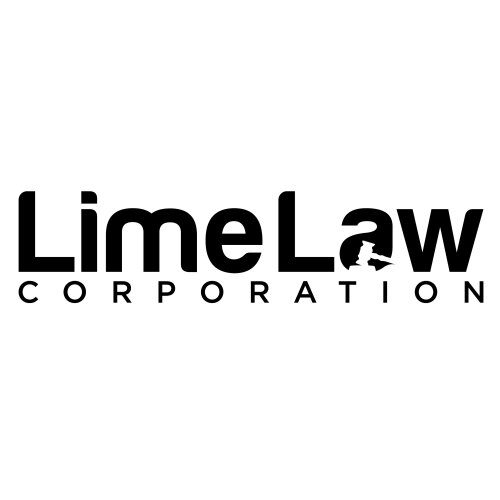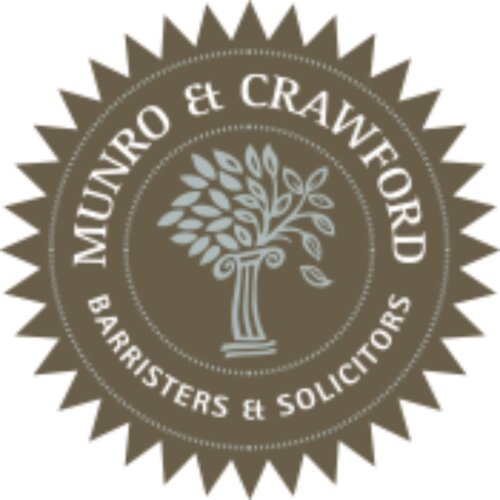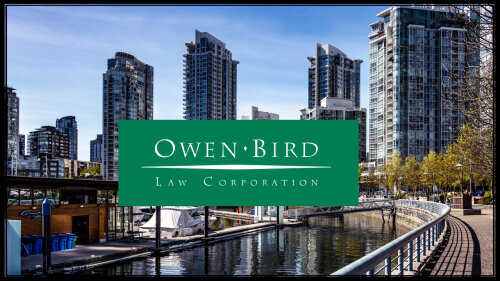Best Housing, Construction & Development Lawyers in Vancouver
Share your needs with us, get contacted by law firms.
Free. Takes 2 min.
Free Guide to Hiring a Real Estate Lawyer
List of the best lawyers in Vancouver, Canada
About Housing, Construction & Development Law in Vancouver, Canada
The legal landscape regarding Housing, Construction & Development in Vancouver, Canada is evolving and complex. Laws govern everything from land acquisition to zoning, permitting, construction, sales, and leasing. Various municipal, provincial, and federal laws may apply to these fields depending on the specific circumstances. Vancouver's attractive real estate market and active development scenario adds another layer of complexity to the legal aspects of housing and construction.
Why You May Need a Lawyer
Individuals or businesses may find themselves requiring a lawyer due to a variety of situations in the housing, construction and development sector. Disputes related to property ownership, zoning restrictions, leasing agreements, construction defects or delays, contract issues, real estate transactions, and regulatory compliance are common and often require legal expertise. A real estate lawyer can help navigate these complexities and ensure your rights and interests are protected.
Local Laws Overview
Key aspects of relevant local laws in Vancouver include the Vancouver Charter, which gives the City of Vancouver authority to pass bylaws for city administration and regulation, including aspects related to housing & development. There are strict building codes to ensure the safety and sustainability of construction projects, meticulously outlined in the British Columbia Building Code. The Real Estate Services Act governs real estate transactions and professionals in the area, and the Residential Tenancy Act applies to rental housing agreements.
Frequently Asked Questions
1. Do I need a permit for every construction project?
Not all projects require permits, but major ones like new constructions, renovations, installations and demolitions often do. It's recommended to check with the City of Vancouver's Building Services.
2. Can I convert my property into a commercial space?
Whether you can convert a property depends on the zoning regulations of the area. A zoning review will be required to verify the possibility.
3. What is a property survey and do I need it?
A property survey outlines the boundaries and physical features of your property. Before starting any major construction project, a survey is usually recommended.
4. How can I handle disputes with my builder?
Construction disputes can be complex. It's best to consult a real estate lawyer who can guide you with contract interpretation, negotiation or even litigation process if necessary.
5. What are my rights as a tenant in Vancouver?
The Residential Tenancy Act outlines the rights and responsibilities of tenants in Vancouver which includes fair treatment, privacy rights, and the right to a safe and habitable property.
Additional Resources
The Real Estate Council of British Columbia, Vancouver's Development and Building Services, and the Ministry of Municipal Affairs and Housing provide various resources and services related to real estate, construction, and housing laws and regulations. Community Legal Assistance Society (CLAS) may also provide legal advice to eligible individuals.
Next Steps
If you require legal help in the field of Housing, Construction & Development, initiating a consultation with a professional real estate lawyer should be the first step. Additionally, keep documentation related to your case organized, and familiarize yourself with the relevant laws and regulations for better understanding and communication.
Lawzana helps you find the best lawyers and law firms in Vancouver through a curated and pre-screened list of qualified legal professionals. Our platform offers rankings and detailed profiles of attorneys and law firms, allowing you to compare based on practice areas, including Housing, Construction & Development, experience, and client feedback.
Each profile includes a description of the firm's areas of practice, client reviews, team members and partners, year of establishment, spoken languages, office locations, contact information, social media presence, and any published articles or resources. Most firms on our platform speak English and are experienced in both local and international legal matters.
Get a quote from top-rated law firms in Vancouver, Canada — quickly, securely, and without unnecessary hassle.
Disclaimer:
The information provided on this page is for general informational purposes only and does not constitute legal advice. While we strive to ensure the accuracy and relevance of the content, legal information may change over time, and interpretations of the law can vary. You should always consult with a qualified legal professional for advice specific to your situation.
We disclaim all liability for actions taken or not taken based on the content of this page. If you believe any information is incorrect or outdated, please contact us, and we will review and update it where appropriate.














